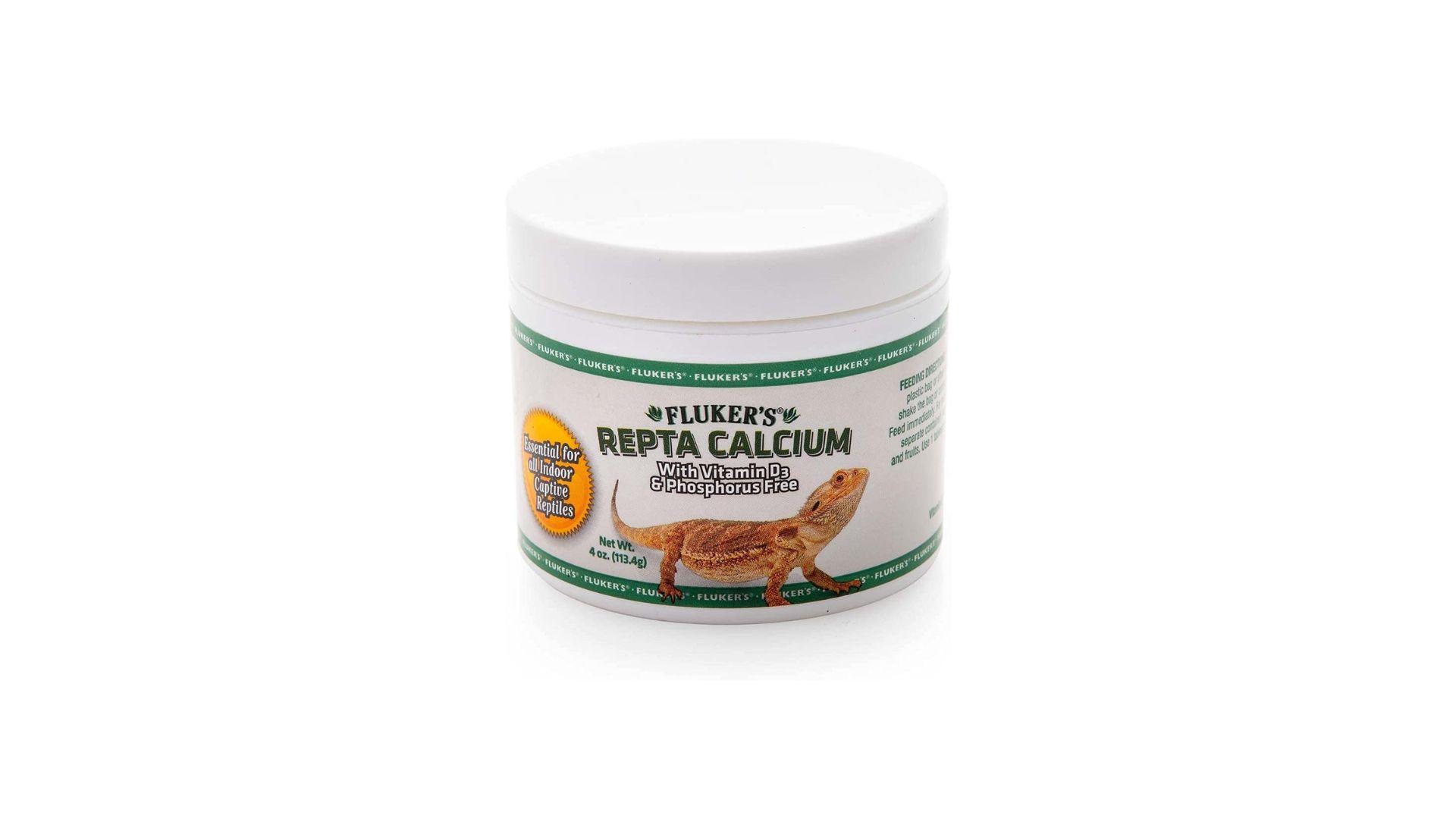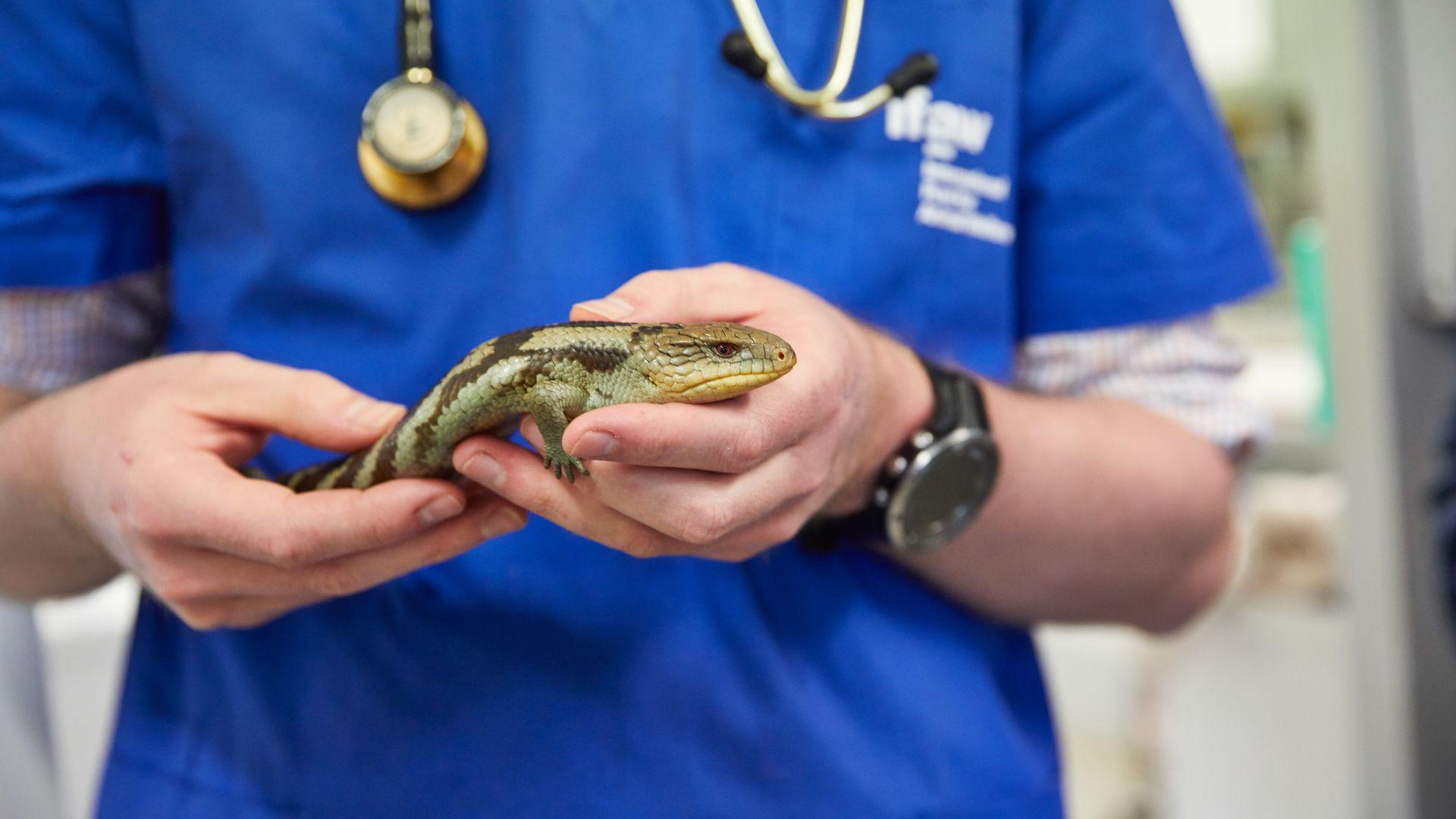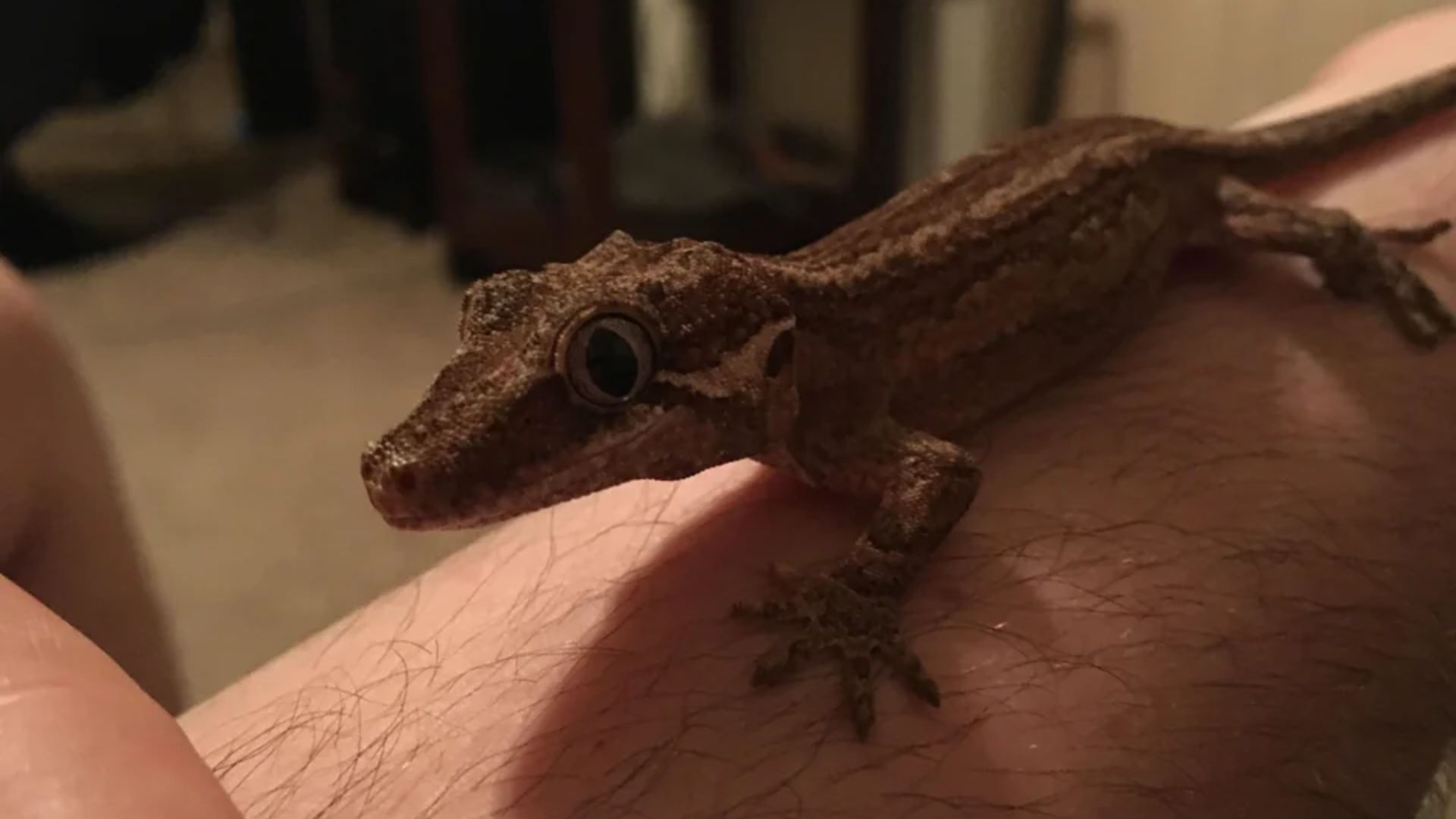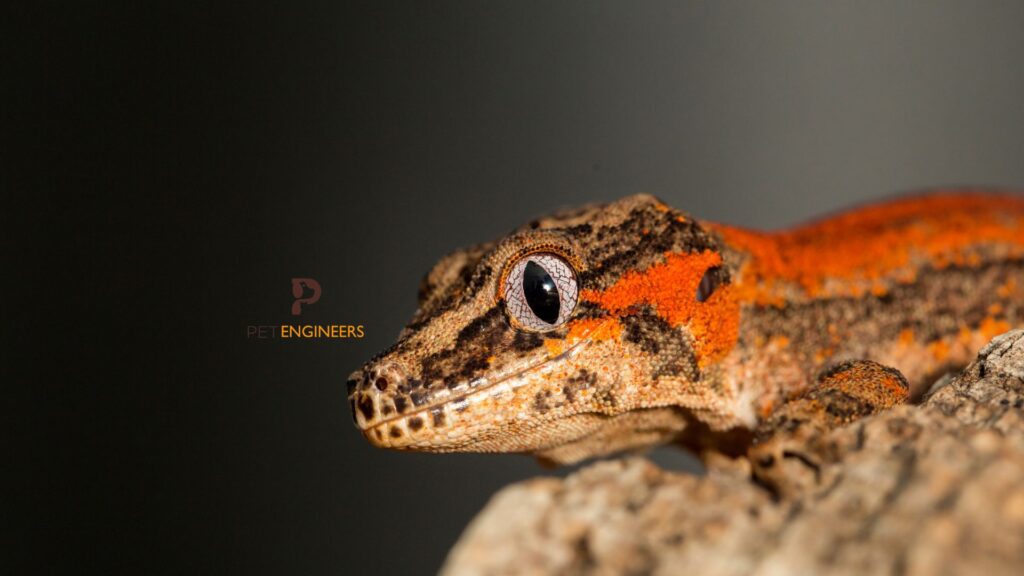
Key Takeaway:
- Gargoyle geckos can experience growth without significant weight gain, especially during certain developmental stages. However, consistent lack of weight gain should be monitored to ensure they are receiving adequate nutrition.
- Proper feeding habits are crucial for weight gain. Offer a varied and balanced diet of appropriately sized insects and supplement with calcium and vitamins to support their nutritional needs.
- Underlying health issues can hinder weight gain. Infections, parasites, digestive disorders, or metabolic issues may affect their appetite and nutrient absorption.
- Consulting a reptile veterinarian is important for a thorough examination and appropriate treatment.
- Environmental factors also play a role in weight gain. Maintaining optimal temperature and humidity levels, reducing stress, and providing an appropriate enclosure size and setup is essential for supporting their overall health and appetite.
Is your gargoyle gecko looking a little too skinny for your liking? Are you worried about its lack of weight gain despite its growth?
In this article, we’ll dive into the reasons why your gecko might be struggling with weight gain and provide you with practical solutions to help them pack on the pounds.
So get ready to dive into the fascinating world of gargoyle geckos and equip yourself with the knowledge and strategies to ensure their healthy weight gain. Let’s embark on this journey together and transform your gecko’s physique from slender to sensational!
5 Reasons Why Your Gargoyle Gecko Is Not Gaining Weight
Picky Eaters
Gargoyle geckos can be notorious for their picky eating habits. If your gecko isn’t gaining weight, it may simply be a matter of them being picky eater.
Try offering a variety of tasty insect options like crickets, mealworms, and roaches to entice their appetite.
Experiment with different sizes and flavors to see what tickles their taste buds. It’s also worth considering their enclosure’s temperature and lighting conditions, as these factors can affect their feeding behavior.
Health Hazards
Like any living creature, gargoyle geckos can experience health issues that can impact their weight. Keep a close eye on your gecko for signs of illness, such as lethargy, changes in appetite, or abnormal behavior.
Infections, parasites, and metabolic disorders can all contribute to weight loss. If you suspect your gecko is unwell, it’s crucial to consult a reptile veterinarian for a proper diagnosis and treatment plan.
Inadequate Space
A suitable living environment, including weight management, is essential for your gecko’s overall well-being.
Ensure the enclosure is appropriately sized (20 gallons/ adult), providing enough space for exercise and climbing.
Gargoyle geckos are arboreal creatures, so offering vertical space with branches and plants for climbing is important.
Maintain optimal temperature and humidity levels within the enclosure, as extremes can lead to stress and weight loss.
Stress
Stress can significantly impact a gargoyle gecko’s appetite and weight. Avoid excessive handling and provide a calm and quiet environment for your gecko. If you have other pets, make sure they’re not causing undue stress to your gecko.
Adequate hiding spots and visual barriers can help reduce stress levels. Give your gecko time to adjust to its surroundings and observe its behavior for any signs of stress.
Calcium Conundrum

Calcium is vital for gargoyle geckos’ healthy growth and development. A deficiency in calcium can lead to weak bones and poor weight gain.
Ensure your gecko’s diet includes calcium-rich foods like gut-loaded insects or calcium supplements. Dusting prey items with a calcium powder specially formulated for reptiles can also help.
By addressing these potential factors contributing to your gargoyle gecko’s lack of weight gain, you can take proactive steps to support their overall health and well-being.
Remember, it’s essential to monitor their behavior, consult reliable sources, and seek professional guidance to ensure the best care for your gecko.
5 Ways To Make Your Gargoyle Gecko Gain Weight
Offer a Varied Diet
To encourage weight gain in your gargoyle gecko, offer a diverse menu of nutritious insects. Mix their diet with options like gut-loaded crickets, roaches, mealworms, and waxworms.
Experiment with different sizes and flavors to stimulate their appetite. Ensure the insects are properly gut loaded with nutritious food before feeding them to your gecko, as this will enhance their nutritional value.
Add Supplements
Adding supplements to your gecko’s diet can boost weight gain. Consider calcium and vitamin D3 supplements, as they support bone health and aid in proper digestion. Dust the insects with these supplements before feeding them to your gecko.
It’s crucial to follow dosage instructions carefully and consult a reptile veterinarian for specific supplement recommendations based on your gecko’s needs.
Offer Tempting Treats
Treat your gecko with occasional high-calorie snacks to help them pack on the pounds. Offer small portions of fruit purees or mashed fruits, such as bananas or mangoes, as these can be enticing and calorically dense.
However, remember that treats should be in moderation, not replace their primary diet.
Ideal Habitat
Creating a comfortable and stress-free environment is crucial for weight gain. Ensure the enclosure is appropriately sized, with ample hiding spots and climbing opportunities.
Maintain optimal temperature (72-78℉) and humidity levels (50-70%) to support their overall health and digestion. A cozy and secure habitat will help your gecko feel at ease and more inclined to eat.
Vet Check

If your gargoyle gecko continues to struggle with not being able to gain weight despite your best efforts, it’s advisable to seek professional advice from a reptile veterinarian.
They can conduct a thorough examination, assess your gecko’s health, and provide targeted recommendations. Blood tests may be necessary to rule out any underlying health issues or nutritional deficiencies.
By implementing these strategies, you can enhance your gargoyle gecko’s chances of gaining weight and maintaining a healthy body.
Remember to observe their behavior, adjust their diet, and prioritize their well-being. With proper care and attention, your gecko will be on its way to a plump and thriving existence.
How Do You Know Your Gargoyle Gecko Is Underweight?
Determining whether your gargoyle gecko is underweight or not requires a careful assessment of its body condition and behavior. Here are some key indicators to help you gauge their weight status:
Gently run your fingers along your gecko’s sides. If you can easily feel their ribs and spine with little to no flesh covering, it may suggest that they are underweight. A healthy gecko should have a slight layer of fat that provides a buffer over its skeletal structure.
Check the area around their hip bones. If these bones are visibly protruding, it could indicate a lack of body mass.
Healthy geckos should have some muscle and tissue covering the hip bones.

Take a close look at your gecko’s eyes. It might be a sign of being underweight if they appear sunken or lack the plumpness associated with a well-nourished gecko.
Underweight geckos may exhibit decreased energy levels, lack of enthusiasm, and weakness. They may be less active, spending more time hiding or resting instead of engaging in their usual behaviors.
A gecko constantly refusing food or eating significantly smaller quantities than usual may be experiencing weight loss.
Monitor their feeding habits closely to determine if a reduced appetite is contributing to their underweight condition.
For adult geckos (7-10 inches in length) the normal body weight is around 40-60 grams. Any gecko lower in weight than the stated amount may be underweight.
However, It’s important to note that individual geckos may naturally vary in body size and shape, so comparing them to others may not always be accurate.
If you observe multiple signs of underweight conditions or have concerns about your gecko’s well-being, it’s advisable to consult a reptile veterinarian.
They can provide a professional assessment, offer guidance, and recommend appropriate measures to help your gecko regain a healthy
Gargoyle Gecko Growth Rate
Understanding the growth rate of gargoyle geckos is essential for assessing their development and ensuring they are on track for a healthy life. Here are some key points to consider:
Gargoyle geckos, when they hatch from eggs, measure around 2 to 3 inches in length. During their first year, they experience rapid growth, adding an inch or more to their size.
By the end of their first year, they can reach a length of 5 to 6 inches. Growth rates may vary slightly among individuals, but significant deviations from the norm should be monitored.
Along with length, weight gain is an important aspect of growth. Hatchlings usually weigh around 2 to 3 grams and can gain several grams during their first year. Healthy gargoyle geckos should steadily gain weight, along with demonstrating proper development and nutritional intake.
As gargoyle geckos grow, they shed their skin periodically. In the early stages, they shed more frequently. As they mature, shedding occurs less frequently. Consistent shedding patterns indicate healthy growth and development.
The tail of a gargoyle gecko serves as a fat storage reserve. A well-nourished gecko will have a plump and rounded tail.
It’s normal for the tail to thin slightly during shedding, but a consistently thin or wrinkled tail may indicate inadequate weight gain or health issues.
Gargoyle geckos reach sexual maturity around 15 to 18 months of age. By this time, they should have reached their adult size, which typically ranges from 7 to 10 inches in length. Keep in mind that males tend to be larger than females.
Is It Normal For A Gargoyle Gecko To Grow But Won’t Gain Weight?
While it’s common for a gargoyle gecko to experience growth without significant weight gain, it’s essential to investigate the underlying reasons. Here are some factors to consider:
Young gargoyle geckos may go through growth spurts where their length increases while weight gain lags.
This can be a normal part of their development as long as they eventually catch up in weight. However, consistent lack of weight gain should be monitored to ensure they are receiving adequate nutrition.
Gargoyle geckos can be picky eaters, and their preferences may influence weight gain. If they are consuming enough food but not gaining weight, it’s important to assess the nutritional value of their diet.
Ensure they are offered a varied and balanced selection of appropriately sized insects, supplemented with calcium and vitamins.
Underlying health conditions can affect a gecko’s ability to gain weight despite growing in length. Infections, parasites, digestive disorders, or metabolic issues can impact their appetite and nutrient absorption.
If you suspect health problems, consult a reptile veterinarian for a thorough examination and appropriate treatment.

The gecko’s living conditions can also contribute to weight gain issues. Inadequate temperature or humidity levels, stress, and inappropriate enclosure size or setup can all impact their overall health and appetite.
Ensure the enclosure is properly maintained and offers a suitable environment for optimal growth.
While some variations in weight gain are normal, consistent failure to gain weight should be addressed to ensure the well-being of your gargoyle gecko.
Monitoring their feeding habits, assessing their health, and providing appropriate care are essential steps to address any potential concerns.
If in doubt, consulting a reptile veterinarian will help identify the underlying cause and guide you toward appropriate solutions to support your gecko’s growth and overall health.
Summary
Gargoyle geckos could be picky eaters, so it’s important to offer a variety of nutritious insects and experiment with different sizes and flavors to entice their appetite.
Additionally, it is crucial to offer a balanced diet and use calcium and vitamin supplements to support their weight gain.
It’s also important to monitor your gecko for signs of illness, consult a reptile veterinarian if needed, and address any infections, parasites, or metabolic disorders they might have.
Creating an ideal living environment is another key factor. Adequate space, vertical elements like branches and plants, and optimal temperature and humidity levels contribute to a stress-free habitat and, consequently, healthy weight gain.
Lastly, while some variations in growth and weight gain are normal during their developmental stages, a consistent lack of weight gain should be investigated to ensure their overall well-being.
By considering these factors and implementing the appropriate measures, you can support your gargoyle gecko’s weight gain journey and ensure they thrive in their habitat.
Remember, monitoring their behavior, seeking professional advice, and providing a nurturing environment is essential for their health and happiness.

